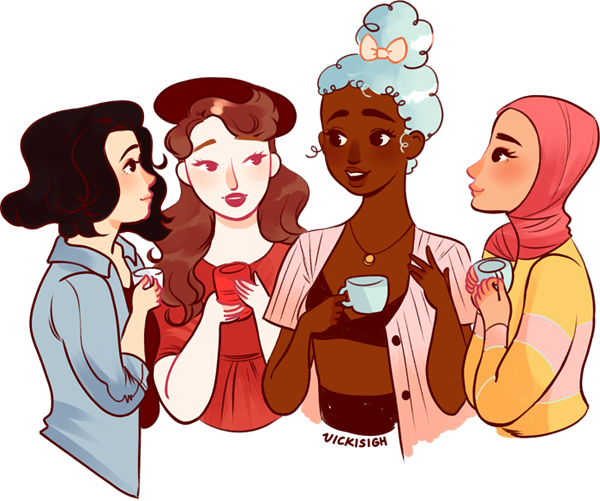
Her Story: Ladies In Literature is a special, month-long series on Pop! Goes The Reader in which we celebrate the literary female role models whose stories have inspired and empowered us since time immemorial. From Harriet M. Welsch to Anne Shirley, Becky Bloomwood to Hermione Granger, Her Story: Ladies In Literature is a series created for women, by women as twenty-six authors answer the question: “Who’s your heroine?” You can find a complete list of the participants and their scheduled guest post dates Here!

About Elana K. Arnold
Elana K. Arnold writes books for and about children and teens. She holds a master’s degree in Creative Writing/Fiction from the University of California, Davis where she has taught Creative Writing and Adolescent Literature. Her most recent YA novel, What Girls Are Made Of, was a finalist for the National Book Award, and her middle grade novel, A Boy Called Bat, is a 2018 Global Read Aloud selection and a Junior Library Guild Selection. A parent and educator living in Huntington Beach, California, Elana is a frequent speaker at schools, libraries, and writers’ conferences. Currently, Elana is the caretaker of seven pets, only three of which have fur.
When I was young, the world was full of mysteries. Some of these mysteries — How do they build bridges? What is electricity? — were of the physical variety. The nature of the world and the way humans manipulate it felt, to me, governed by an unknowable magic. Others — What does my teacher mean when she makes that face? Why am I so lonely and afraid? — were psychological in nature, yet equally grounded in an unknowable magic.
The entire world felt bigger and more complicated than I could ever hope to grasp, and people, too, seemed to be the same. Unknowable. Complicated. Out of my reach.
I’ve written in other places about being a lonely kid. When I think back on my childhood, these are the words that occur to me: Lonely. Cold. Hungry. Afraid.
I was rarely alone, being one of four siblings. Our home was adequately heated, and our pantry was never empty. We did not live in a war zone. Yet, still, for a variety of reasons, those were the words that best define how I felt: Lonely. Cold. Hungry. Afraid.
There was a place where I felt none of these things: my Nana’s house. My Papa lived there, too, and parts of the property were his — the garage, the garden — but the house was, as Papa liked to say, Nana’s department.
Nana’s closets were mysteries, too, the best kind: What would I find, this time? It seemed that each time I opened a closet door, no matter how recently I’d last opened it, its dark recess would contain new treasures. Jewelry. Dolls. Building sets. Little boxes. Puzzles. Candles. Stuffed animals.
Nana and Papa were avid garage salers. Every Friday, Nana would open the Classified section of the newspaper, fold it carefully along the seam, and work her way through the listings, circling promising advertisements for the weekend’s sales and making little notes in the margins. Saturday morning, after feeding me fried eggs and toast (two of each, with lots of butter), we’d load into the car and, with Papa driving and Nana directing, we’d head off for a morning of treasure hunting, winding our way down streets, looking for cardboard signs at street corners, wedging the car into parking spots, hurrying down strangers’ driveways and sifting through boxes of their stuff.
On weekends when I wasn’t along for the ride, Nana and Papa went to sales without me, and the fruits of their hunts would appear in the various closets and shelves of Nana’s house, fresh discoveries for me to make on my next overnight visit.
Best of all were the books. Paperbacks, usually, a dime or a quarter each, or a whole box for a couple of bucks. A stack of them by her bed; dozens on bookshelves throughout the house — in the den; across from the pantry; under the TV set; and in her library.
Best of all the books were the Agatha Christies. And best of all the Agatha Christies, the Miss Marples.
For those of you who aren’t Christie readers, let me explain that there is a hierarchy to her books. At the bottom of the barrel are the Tommy and Tuppences, which follow an insipid couple as they investigate mysteries, largely political, many having to do with the Cold War. The next step up — and it’s a big step — are the standalones, one-off stories without a recurring detective. Then there’s the Hercules Poirots. Now, these are great. I love everything about Poirot — his name; his little gray cells; his mincing nature and peculiarities; his disdain. Poirot is a marvelous fellow.
But even better than a Poirot book is a Miss Marple. Ah, even still, I love her. Her fluffy hair. Her shawl. Her kindness to those who work for her, and her gratitude to her nephew, who’s always financing one trip or another. And, most of all, her fondness for humanity coupled with her sharp-eyed understanding that sometimes people are cruel, and selfish, and, occasionally, even murderers.
My Nana, I should stop and tell you here, lived through the Holocaust. Born in what was sometimes Austria and sometimes Romania, depending on who you asked, and when, Nana was a young teen when the war began, and a young woman when it ended. She survived near starvation, brutalities of every kind, the witnessing of her grandfather’s murder, the suicide of a favorite aunt, the dissolution of her family, and tuberculosis.
As a child and teen, Nana must have felt desperately lonely, and cold, and hungry, and afraid. At fifteen, she overheard the doctor tell her mother that her tuberculosis would kill her before she turned eighteen, but she knew there was a very good chance that Nazis might kill her before tuberculosis could.
When I was, myself, a teenager, around the age Nana had been when death by either tuberculosis or Nazis seemed inevitable to her, I told her, over a plate of fried eggs and toast, “Nana, I know that sometimes people are terrible and do terrible things, but I really believe that down deep, most people, maybe not all people but most people, are good.”
My Nana smiled, a true smile full of real joy, and said, “I am so glad that you have lived a life that allows you to believe that.”
I was old enough to appreciate the duality of her response — both that she thought I was wrong, and also that she was glad that I was sheltered enough to harbor that false belief — and a third thing, as well: a warning. Careful, Lana, she might have been saying, hold on to that belief, but also know that it is wrong.
My Nana contained multitudes.
So, too, does Miss Marple. Never married, childless, and a lifelong resident of St. Mary Mead, Miss Marple might not seem worldly. But she is a keen observer. She has a brain that makes connections, that sees patterns, and that recognizes the way people, and types of people, can be the same. She solves murder mysteries by understanding and looking for repetitions and echoes — psychological, economic, historical.
My Nana is gone. Her house is gone. The way she circled addresses of yard sales in the classifieds, the notations she’d make in the margins — all gone. The particular taste of the eggs she’d fry in brown butter, the exact way she’d toast rye bread. These things are lost to me, now.
But I have her books. All the Christies, and most particularly, the Miss Marples. When I fold open these paperbacks, their worn dusty smell rises up to greet me. Miss Marple, I think, would agree with my Nana that it’s possible to be both endlessly optimistic and, at the same time, devastatingly aware of how terrible people can be, how desperately wrong things can turn out. For, though Miss Marple is alive at the end of each book, every story begins with a death.
For Miss Marple, and for my Nana, these things are the printing on two sides of the same page. Death, and life. Hunger, and plenty. Safety, and devastation.
Love, and loss.
I sat down to write about Miss Marple and why she is meaningful to me, and I ended up writing about my Nana. This is because they are indivisible for me. I cannot unthread one from the other. One is a fictional British spinster with an uncanny knack for solving murders; the other was a survivor, an immigrant, a wife, mother, grandmother, and great-grandmother, a linguist, a storyteller, and a best friend.
One, we will write about eternally in the present tense; the other belongs to the land of past tense, now. And yet, both Miss Marple and my Nana, Frieda Kuczynski, answer by their existence the bone-deep mystery of how two incompatible things can impossibly exist together, at exactly the same time.

Title Damsel
Author Elana K. Arnold
Pages 320 Pages
Intended Target Audience Young Adult
Genre Fantasy
Publication Date October 2nd 2018 by Balzer + Bray
Find It On Goodreads ● Amazon.com ● Chapters ● The Book Depository
The rite has existed for as long as anyone can remember: when the prince who will be king comes of age, he must venture out into the gray lands, slay a fierce dragon, and rescue a damsel to be his bride. This is the way things have always been.
When Ama wakes in the arms of Prince Emory, she knows none of this. She has no memory of what came before she was captured by the dragon or what horrors she faced in its lair. She knows only this handsome prince, the story he tells of her rescue, and her destiny of sitting on a throne beside him. It’s all like a dream, like something from a fairy tale.
As Ama follows Emory to the kingdom of Harding, however, she discovers that not all is as it seems. There is more to the legends of the dragons and the damsels than anyone knows — and the greatest threats are not behind her, but around her, and closing in.
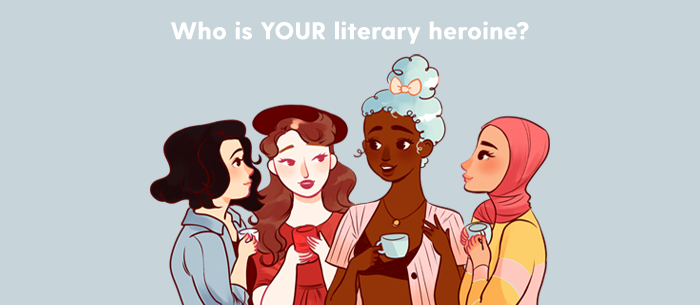



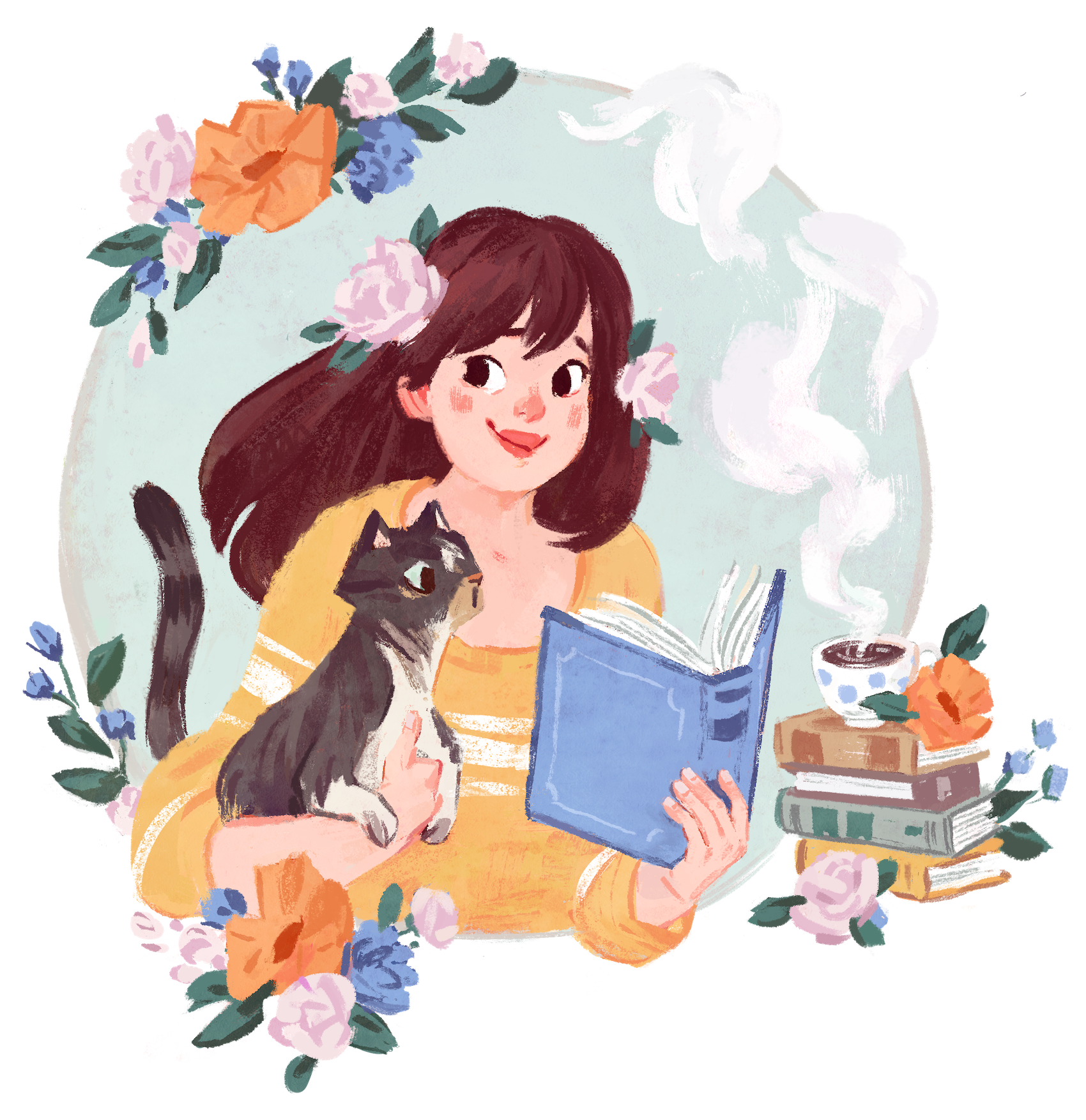
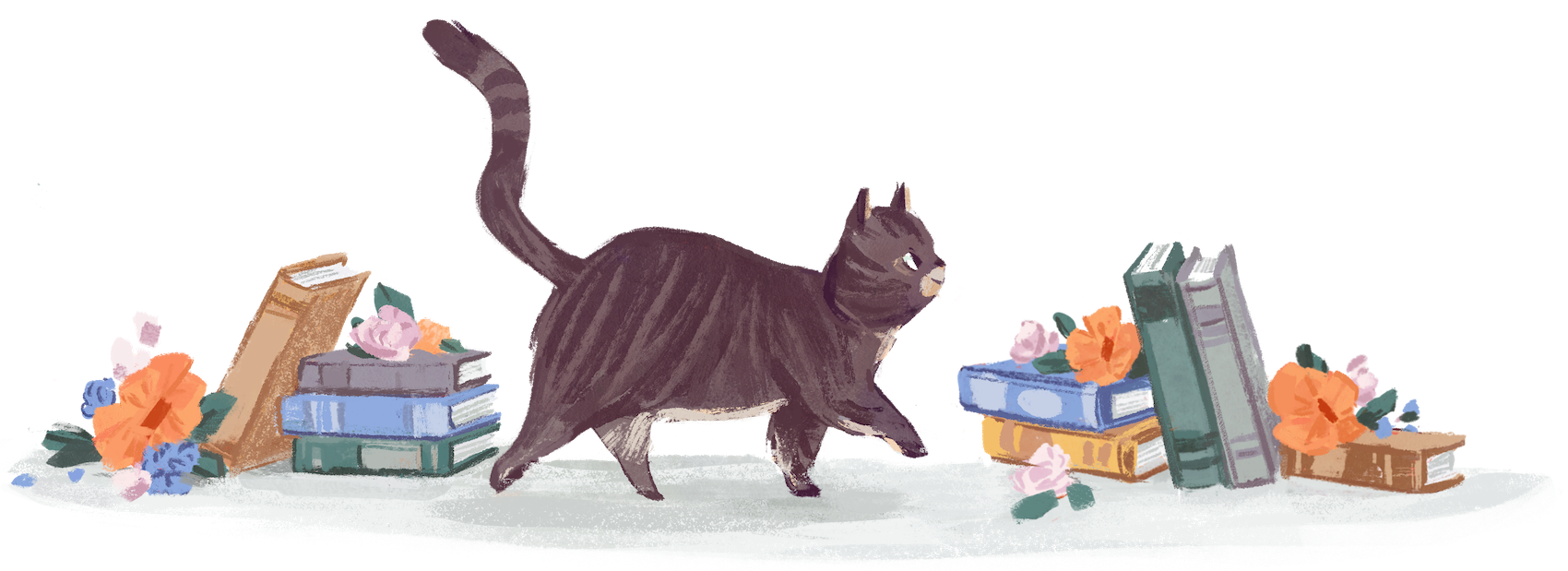

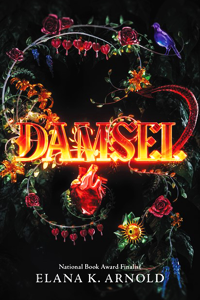

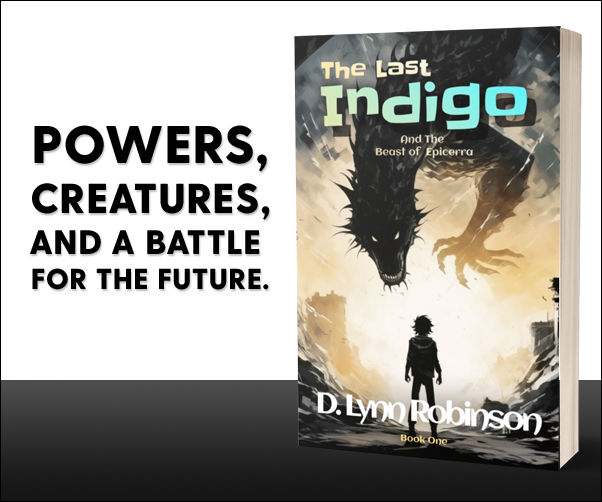

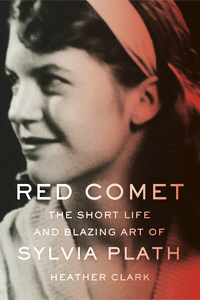


4 Responses
Your story about your Nana touched the deepest parts of my soul. Thank you, Lana.
Thank you so much, Thelma. No one knew my Nana like you did.
Thank you,Elana. This was beautiful and so moving.
Thank you for reading, Anna! I really appreciate it.
Elana K Arnold recently posted…#KidLitWomen: The Trouble with Chick Lit